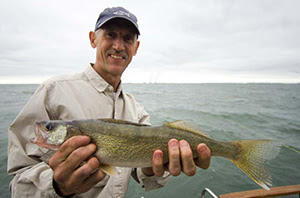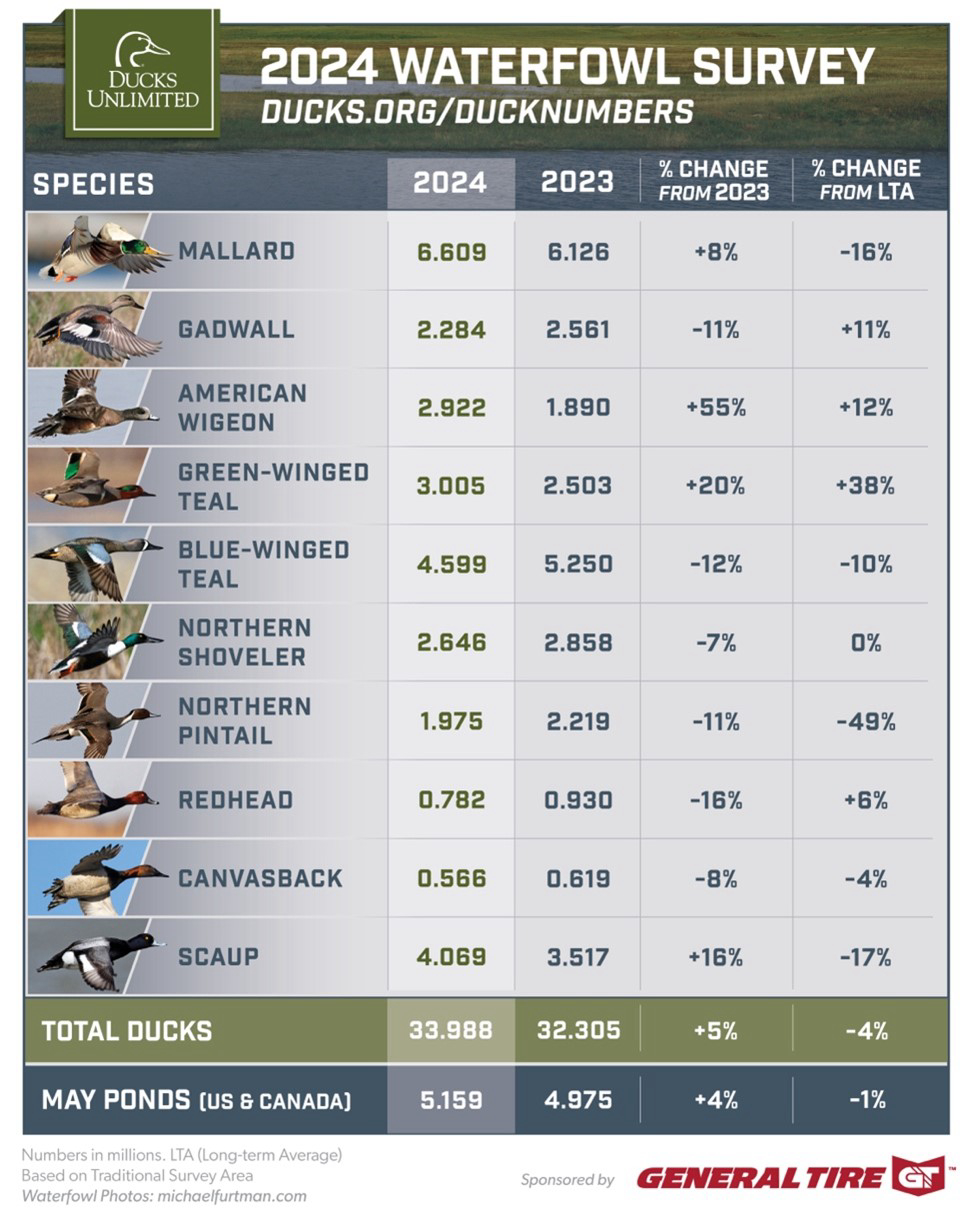Lake Erie Walleye Assessment Scheduled for October

The Department of Natural Resources will conduct its annual walleye assessment in the west basin of Lake Erie near Monroe, Michigan, beginning Oct. 8 and continuing through Oct. 12.
“This year marks the 40th anniversary of a survey that is the cornerstone of the DNR’s annual efforts to assess the walleye fishery in Lake Erie,” said Todd Wills, DNR Fisheries’ Lake Huron-Lake Erie area research manager. “The data from this survey are essential for the DNR and its partner agencies to estimate walleye abundance throughout the west and central basins of Lake Erie. These estimates help determine the daily possession limits for anglers who fish for walleye in Michigan waters.”
The fall walleye assessment will be completed by DNR fisheries staff aboard the research vessel Channel Cat, which is celebrating its 50th year in service and has a home port at the Lake St. Clair Fisheries Research Station in Harrison Township. Gill nets are fished near Stoney Point and Luna Pier and are marked with a large, orange staff buoy on each end with a number of small, round floats in between. The 1,300-foot-long nets are suspended in the water column, fished overnight, and hauled aboard the R/V Channel Cat where the catch is sorted, identified and measured. A sample of the dorsal fin spine is taken from captured walleye to determine their age.
The DNR reminds anglers and boaters to avoid navigating in between the staff buoys to prevent entanglement in the nets and to give the R/V Channel Cat room to maneuver while it is actively lifting and setting the gear, which is indicated by displaying a double-cone day shape from a mast on its roof.
The DNR shares the information collected from all of its annual Lake Erie survey efforts with partner agencies in Ohio, Pennsylvania, New York and Ontario through annual meetings fostered by the Great Lakes Fishery Commission. Collaboration through the commission’s Lake Erie Committee supports fisheries management efforts across the Lake Erie basin.
Learn more about DNR efforts to study the state’s fish populations and health at michigan.gov/fishresearch.





